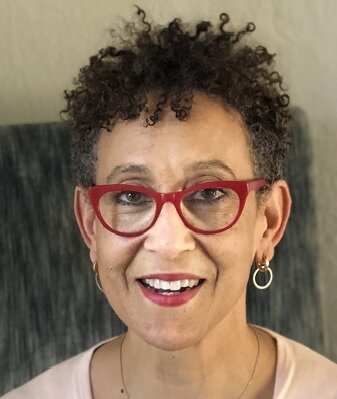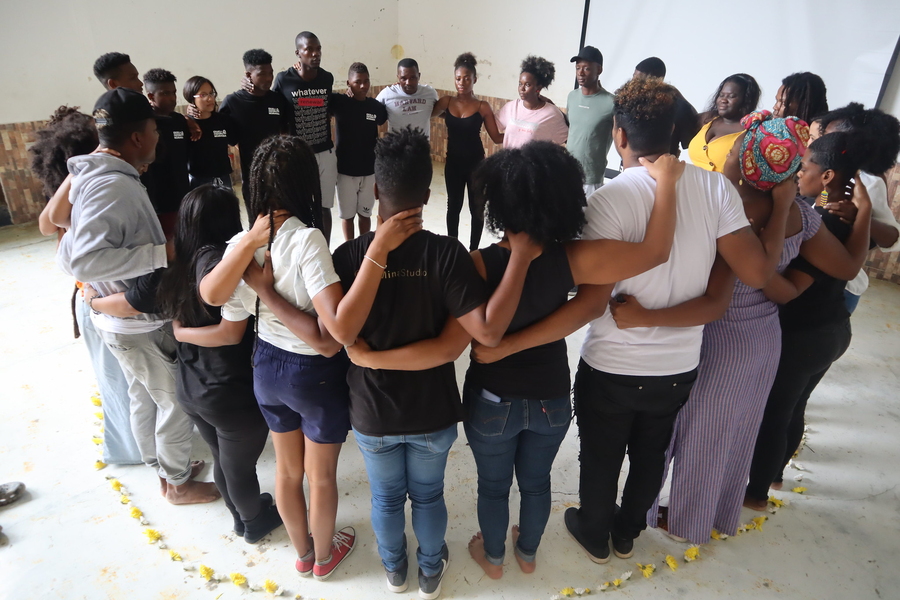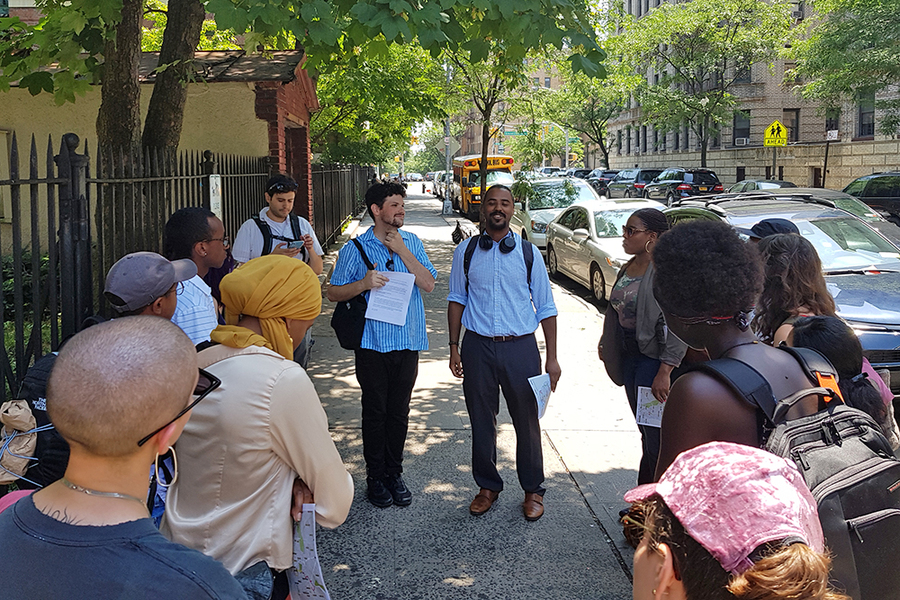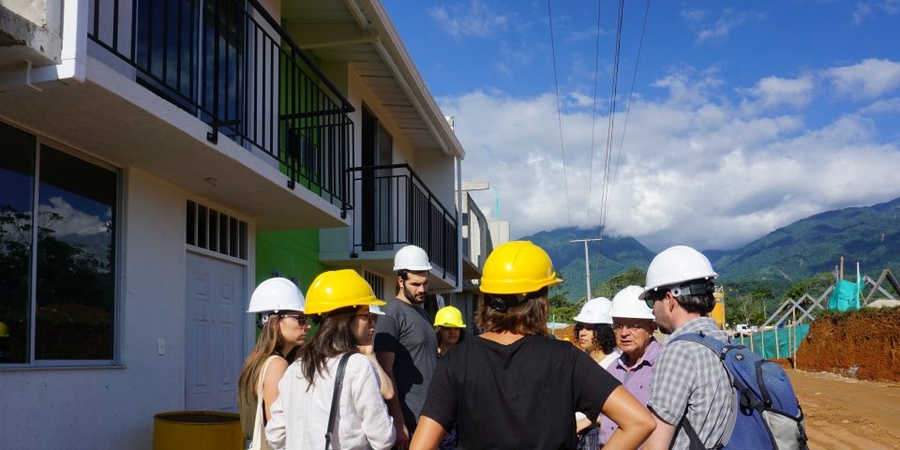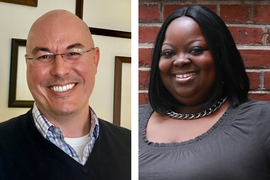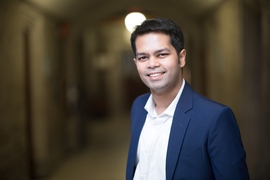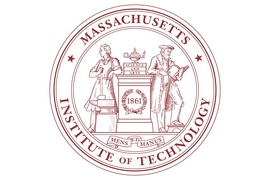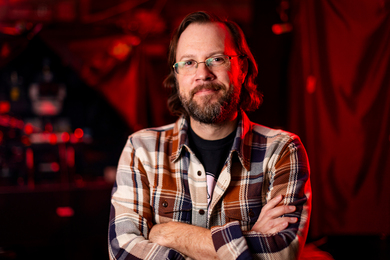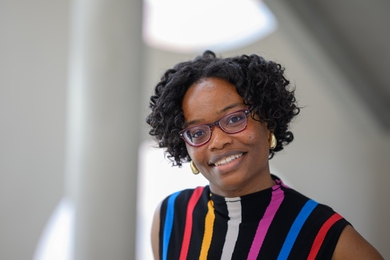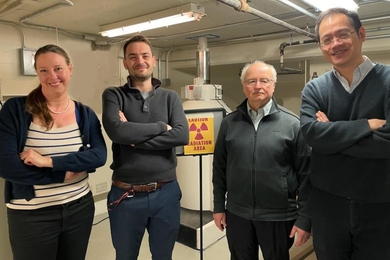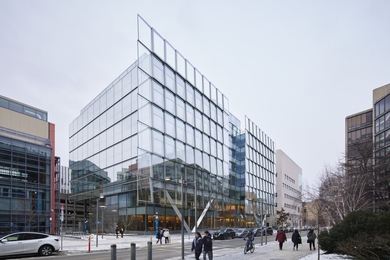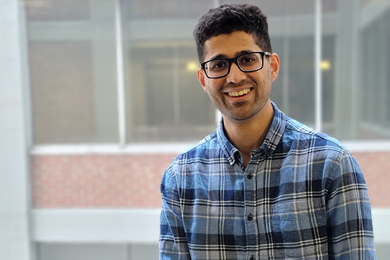The global pandemic exposed profound race-based inequities across the United States, creating disproportionate suffering among communities of color. In the midst of this collective tragedy, police murders of two unarmed black men touched a national nerve, giving rise to the largest protests in this country’s history. Around the world, protests in many countries joined in solidarity. This is a disruptive moment of change.
Dayna Cunningham, the founder and director of MIT’s Community Innovators Lab (CoLab) in the Department of Urban Studies and Planning (DUSP), says that urban planning has a critical role to play in addressing crises of racial and social justice; it also is implicated in the failures of urban policy and institutions that have led to unequal suffering from Covid-19 and police violence against unarmed black and brown men and women.
The protests across the country and in the world were led primarily by young people seeking a more racially just and inclusive future. How might MIT respond to this aspiration? Cunningham argues that now is a time for changes within the Institute to better prepare students with the analytical competencies to understand and address structural racism and to do so in collaboration with urban communities of color facing the sharpest edges of crisis.
DUSP, as the Institute’s home for research and teaching about — and student experience within — cities, is exploring how to make such an approach central to its curriculum. For over 10 years, CoLab has been working with communities at society’s margins, engaging MIT students to support community leaders’ responding to disruptive moments of change and providing students with real-world opportunities for meaningful impact as part of their education. Now CoLab hopes to expand its reach via a clinical education program providing hands-on, field-based training to students across the Institute seeking to address the underlying causes of urban crisis. Cunningham says MIT has a signal opportunity to play a leadership role in training future professionals who can work collaboratively with communities to confront pressing challenges arising from the structural racism that has plagued cities for generations.
Q: What makes this time especially important for CoLab and DUSP?
A: This moment is calling us to account. It’s time to imagine again what is required to build inclusive, thriving, sustainable cities. In the past few months, critical failures of urbanism have been laid bare. Yet a longstanding ideal is that cities are a grand experiment in democracy in which divisions of all kinds can be overcome so humans and the planet might flourish. How would such a city be constructed? What would its infrastructure consist of, and who would it serve? Might public space, housing, work, and transportation be organized such that people learn to collaborate, build democracy, and advance well-being? DUSP has been exploring these questions for years. These ideals require tackling the social, economic, political, cultural, and physical structures of inequality. As the only discipline focused on implementation and the building of cities, planning is uniquely suited to answer this call. Among planning programs, DUSP and its CoLab can play a leading role in transforming planning education to meet this moment.
Q: How has CoLab responded to disruptive times previously?
A: CoLab guides students in hands-on immersion in projects on the front lines of change, working in places at a tipping point, and confronting compounded vulnerabilities from phenomena like climate change, poverty, and Covid-19, where strategic planning can support more equitable solutions. CoLab has worked with faculty and put students in hotspots of crisis: New Orleans after Hurricane Katrina in 2008; Haiti after the 2010 earthquake; the Colombian Amazon in the wake of a 2017 environmental disaster.
But we’ve also worked in the Bronx, the nation’s poorest urban county, after a failed plan to turn the world’s largest armory into a shopping center offering dead-end, low-wage retail jobs; in East Brooklyn in the face of a threatened closure of a critically needed safety-net hospital; and in the city of Buenaventura in Colombia following a 10-day civic strike that shut down the city. In these and other distressed places, DUSP students have played a vital role, providing hands-on planning support to communities seeking a meaningful say in shaping recovery based on the knowledge of the community itself.
Access to capital is a critical challenge in marginalized communities. CoLab also works with socially innovative banks seeking to invent new financial tools and practices that serve the real economy in marginalized communities. Over the years, DUSP and other students within the Institute have consistently identified CoLab as the go-to place for grounding their educational experience in real-world problem-solving.
Q: How are DUSP and CoLab moving forward? How will the change in DUSP’s curriculum impact urban planning education?
A: Students increasingly want to be involved in hands-on projects as part of their education. Within many MCP [master in city planning] programs, students spend substantial amounts of their time outside the classroom engaged in practice — serving as term-time interns, working in summer jobs, participating in client-oriented courses, and writing client-focused theses. Yet very few planning departments have an explicit pedagogical strategy for ensuring that these learning experiences provide the practical skills that newly trained practitioners need.
CoLab addresses this gap by adapting several relevant themes of legal clinical education to planning pedagogy: 1) teaching core practice competencies through client-based work; 2) offering guided fieldwork to focus students’ attention on their professional roles; 3) supporting reflective practice to encourage habits of professional self-examination; 4) tapping student desire for practical engagement to help democratize indigent communities’ access to professional support; and 5) through carefully chosen cases that have potential to promote reform and innovation, engaging students to critically examine the social impact of institutions.
CoLab also adds instruction in co-creating knowledge with marginalized communities and a specific commitment to addressing race-based exclusion. In recent months in particular, students have expressed the importance of this element of racial justice in DUSP’s curriculum. Students want to have impact in the world now, and leave MIT with practical skills they can quickly deploy to make a difference in confronting the global challenges they will inherit. Even before the pandemic, DUSP was in the process of redesigning its curriculum. Now DUSP leaders are asking CoLab to join in the redesign process to respond to this moment. It is important to note that in addition to its contribution to pedagogy, by signaling DUSP’s commitment to work with communities of color and neighborhoods at the margins, CoLab also supports DUSP’s efforts to attract the most-talented underrepresented minority and social-justice-oriented students.
